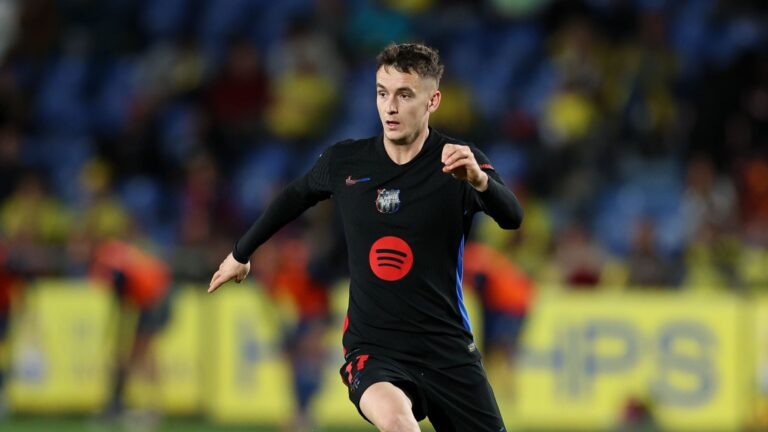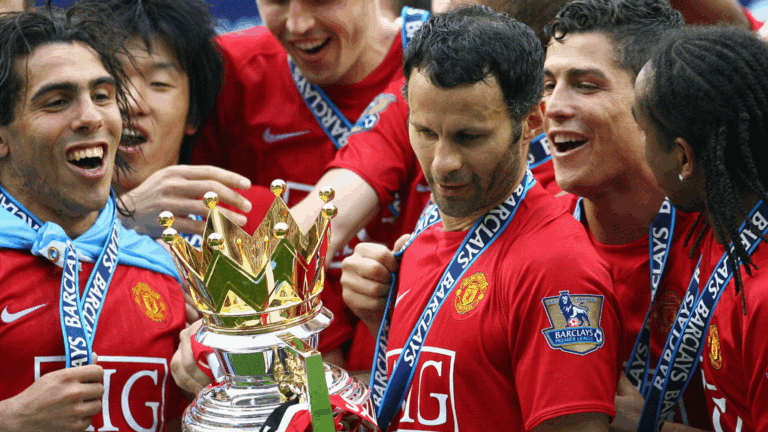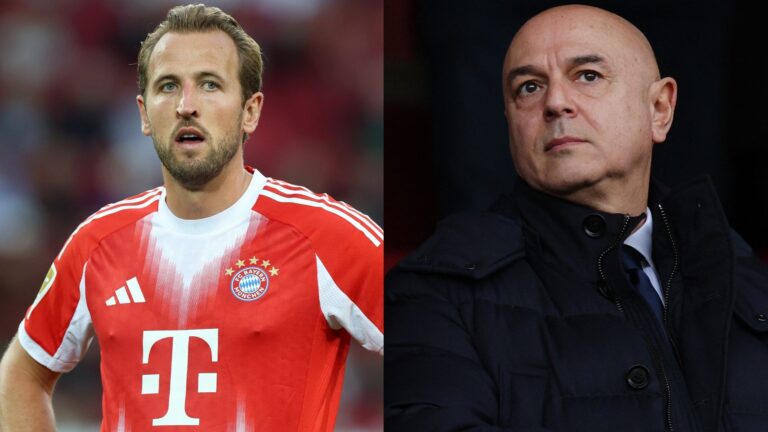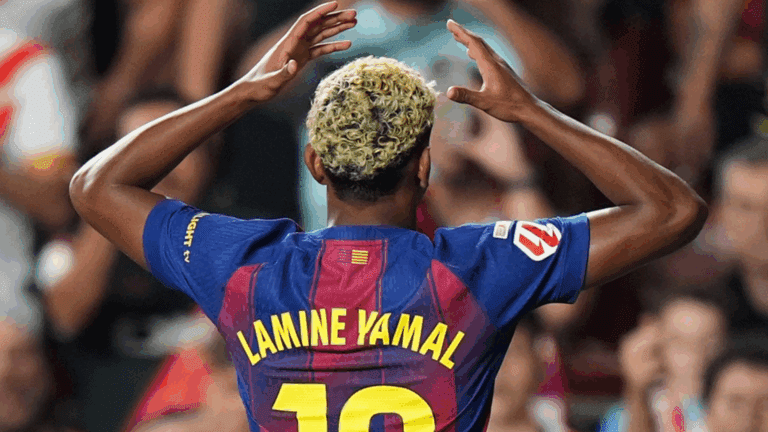Braga Voices Concerns Over Ancelotti’s Role with Brazil National Team
Veteran coach Braga has openly expressed reservations about the selection of Carlo Ancelotti to lead Brazil, primarily due to his Italian heritage and potential impact on team loyalty. Ancelotti Brazil World Cup has sparked debates, as Braga recognizes the team’s advancements but insists that a local coach might offer deeper dedication. Under Ancelotti’s guidance, Brazil has started to regain momentum in their World Cup qualifying campaign, yet questions linger about his long-term fit.
- Braga criticizes Ancelotti’s hiring before Bolivia match
- Coach expresses unease with Italian background
- Brazil maintains unbeaten record with ex-Real Madrid manager



Ancelotti’s Transition to Brazil and Braga’s Skepticism
Following his exit from Real Madrid earlier this year, Carlo Ancelotti stepped in as the successor to Dorival Junior for Brazil’s national squad. Despite an initial stalemate against Ecuador in June, the team has since secured a tight victory over Paraguay and a convincing 3-0 triumph against Chile last week. Currently ranked second in the World Cup qualifying standings with recent updates showing them just behind Argentina by 10 points, Brazil’s performance indicates growth. However, Braga remains troubled by Ancelotti’s non-Brazilian roots, arguing it could affect his full commitment to the team’s goals.
The Impact of Nationality on Coaching Effectiveness
Braga shared his thoughts with Globo Esporte, noting: “It’s concerning to me, not because of his personal character-those who know him describe him as excellent. The issue arises when you look beyond the surface; his background doesn’t align with our colors. Historically, Brazil’s five World Cup victories came under domestic leaders, highlighting a lack of faith in our own talent. At club levels, the pattern holds. Ancelotti’s debut was lackluster and tense, with the squad playing defensively. Surprisingly, media coverage the following day focused on progress toward qualification rather than the flaws. Had a Brazilian coach like Dorival or Diniz been in charge, the backlash would have been intense and ongoing. This media leniency seems to have influenced subsequent matches positively.”
Predictions for Ancelotti’s Future with Brazil
Looking ahead, Braga doubts Ancelotti’s ability to secure the 2026 World Cup title, stating: “I truly hope I’m mistaken, but I don’t see him leading us to glory. We’ll need to be patient for the next wave of stars, including talents like Endrick and Estevao, to step up and claim victory. These emerging players are exceptionally promising and could drive future success.” With Brazil preparing for their upcoming qualifier against Bolivia, where they hold a strong position in the table, the focus remains on building a cohesive unit amid these ongoing discussions.
Current Standings and Upcoming Challenges
As of the latest updates, Brazil sits second in the South American qualifiers, trailing Argentina by 10 points but boasting an unbeaten streak in recent outings. This positions them well for the road ahead, with experts noting that emerging stars could play a pivotal role in their quest for World Cup qualification, emphasizing the need for strategic depth beyond just leadership nationality.
The Background of Ancelotti’s Potential Role
Carlo Ancelotti, the renowned Italian manager with an illustrious career at clubs like Real Madrid and AC Milan, has recently been linked to the Brazil national team coaching position ahead of the next World Cup. This speculation has sparked intense debate within the football community, particularly regarding his ability to lead a team with such a rich heritage as Brazil. As one of the most successful coaches in modern football, Ancelotti’s tactical prowess is undeniable, but the conversation has shifted to whether his non-Brazilian background could hinder World Cup success.
Critics argue that national team coaching often requires deep cultural and emotional ties to the country, something Ancelotti might lack due to his Italian nationality. This discussion gained momentum when a prominent former Brazil coach publicly questioned Ancelotti’s fit, highlighting how local knowledge of Brazil’s football style-known for its samba flair and creative attacking play-could be compromised. Keywords like “Carlo Ancelotti Brazil coach” have trended online as fans and experts weigh in on this potential mismatch.
Criticisms from a Former Coach
A well-respected former Brazil coach has been vocal about his doubts, emphasizing that Ancelotti’s experience, while stellar at the club level, may not translate seamlessly to international tournaments. He pointed out that World Cup success often hinges on understanding the nuances of Brazilian football culture, including the passion of the fans and the expectations from a nation that has won the tournament five times.
In interviews, the former coach raised concerns about Ancelotti’s nationality, suggesting it could lead to disconnects in team dynamics. For instance, he noted that foreign coaches might struggle with the language barrier and the intense pressure from Brazilian media and supporters. This criticism isn’t isolated; similar debates have arisen with other foreign coaches in international football, making “nationality concerns in football” a recurring theme in discussions about global tournaments.
Nationality Concerns in International Football
Nationality plays a significant role in international football, as coaches are often expected to embody the spirit of their nation. Brazil’s history of success under homegrown legends like Tite and Dunga raises questions about whether an outsider like Ancelotti can replicate that magic. Experts argue that coaches from the same country bring an innate understanding of player psychology and cultural motivators, which are crucial for World Cup campaigns.
However, there are counterpoints. Ancelotti’s track record includes multiple Champions League titles, proving his ability to manage diverse squads. Still, the former coach’s comments have fueled worries that “Ancelotti World Cup criticism” could escalate if Brazil’s performance falters, potentially affecting team morale and public support.
Case Studies: Foreign Coaches and World Cup Outcomes
Looking at past World Cups, we can draw insights from case studies where foreign coaches led national teams. For example, Germany‘s Otto Rehhagel, a Greek coach by adoption, guided Greece to a stunning Euro 2004 victory, showing that outsiders can succeed with the right adaptation. Conversely, England’s Sven-Göran Eriksson, a Swede, faced criticism for not fully grasping the “English way,” which impacted their 2006 World Cup run.
In Brazil’s case, hiring a foreign coach like Ancelotti might mirror the experience of the U.S. team under Jürgen Klinsmann, a German who brought innovative tactics but struggled with cultural integration. These examples highlight how nationality concerns can influence outcomes, offering valuable lessons for federations considering cross-border hires.
Benefits and Drawbacks of Hiring Foreign Coaches
While the drawbacks are evident, there are benefits to bringing in a coach like Ancelotti. One advantage is access to fresh perspectives and advanced tactical strategies that could elevate Brazil’s game. Ancelotti’s expertise in managing star players might help harness talents like Neymar and Vinicius Jr. more effectively.
On the flip side, the drawbacks include potential resistance from players accustomed to a certain style, as well as the risk of misalignment with Brazil’s football identity. For Brazil, weighing these factors is essential for World Cup success, especially when nationality concerns could divide opinions among fans and stakeholders.
Practical Tips for Brazil’s Football Federation
If Brazil moves forward with a coach like Ancelotti, the federation could implement several practical tips to mitigate nationality-related issues. First, prioritize language and cultural training programs to ensure seamless communication. Second, involve local assistants who understand Brazil’s football ethos to bridge any gaps. Third, conduct team-building sessions focused on shared goals to foster unity.
These steps could help transform potential weaknesses into strengths, making the transition smoother and increasing the chances of World Cup glory.
First-Hand Experiences from Football Experts
Drawing from first-hand experiences shared by football analysts, one expert who worked with international teams recalled how a foreign coach’s lack of cultural insight led to early exits in major tournaments. In contrast, another highlighted Ancelotti’s adaptability, citing his success at Real Madrid with a multicultural squad as a positive sign. These real-world insights underscore the complexity of nationality in coaching, urging Brazil to proceed with caution as “Carlo Ancelotti Brazil” debates continue to unfold.









